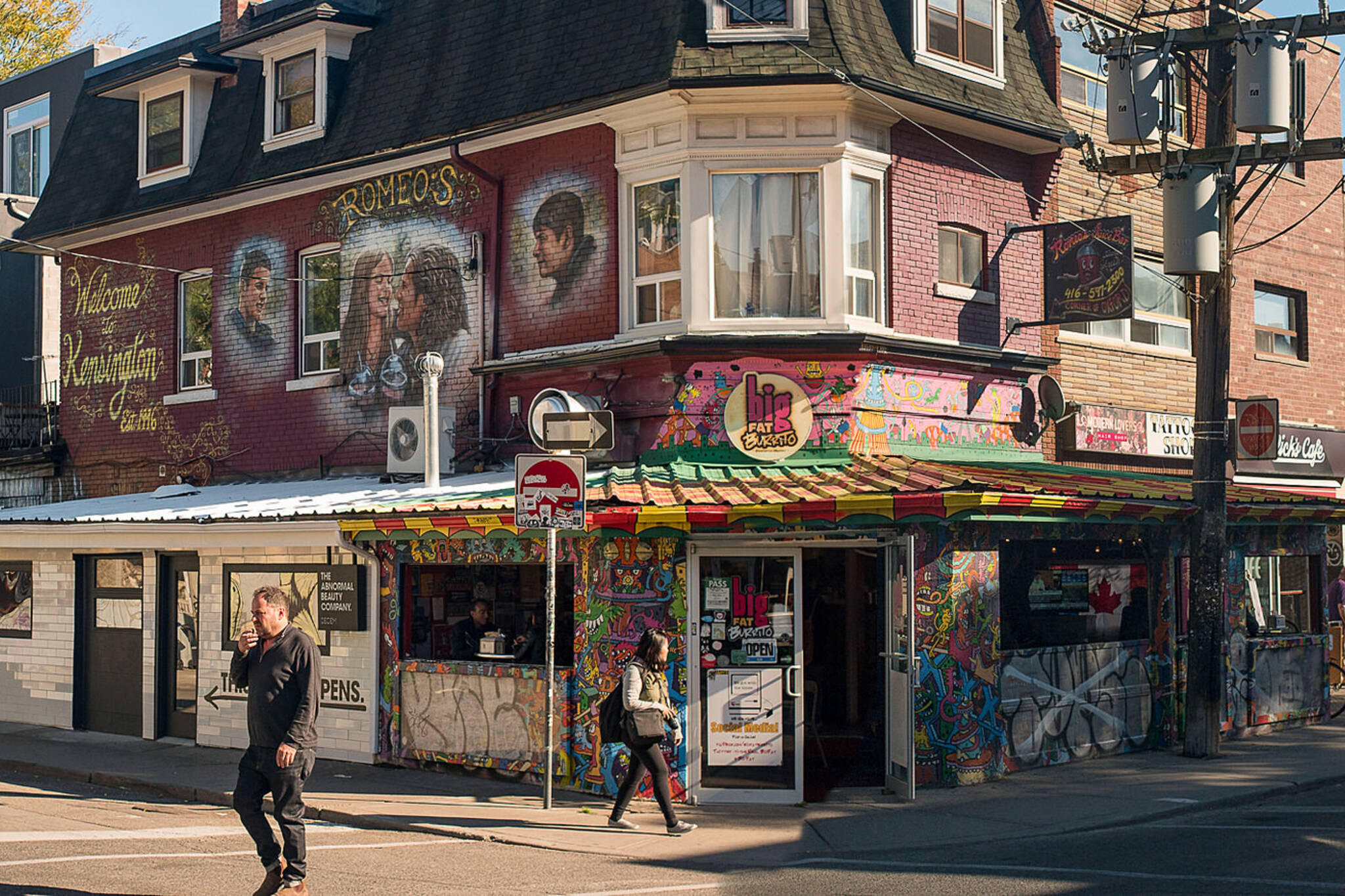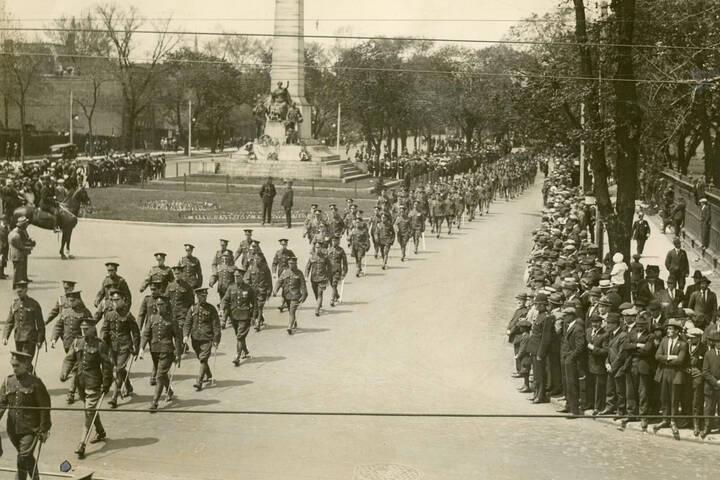
Why some Toronto neighbourhoods are buying land to protect themselves
"The times they are a-changin'," crooned Nobel Prize winner Bob Dylan in 1964. But as Toronto continues to grow and develop, it seems like Dylan's hit would ring true in 2017 Toronto.
That's why organizations in both Parkdale and Kensington Market are trying to use the community land trust model in order to fight neighbourhood gentrification and rent increases (in both commercial and residential properties).
Like other community land trusts - located in the United States and other parts of Canada, including in Hamilton - the ones in Parkdale and Kensington Market seek to own land and then lease it like-minded organizations who can help secure affordable housing and green space.
"We want to own real parcels of land, own the deed to them and we want to determine collectively how that land is used to meet community needs," says Joshua Barndt, the development coordinator at the Parkdale Neighbourhood Land Trust.
He grew up in the west side neighbourhood and joined the PNLT after the non-profit organization got a Trillium Grant in 2014, which allowed it to hire staff. He says anyone who lives or works in Parkdale can become a PNLT member, but the group's governed by an elected board of directors.
Barndt explains that the PNLT wants to focus on securing affordable housing as commercial spaces as well as projects to protect food security in the neighbourhood. Fittingly, the organization's in the process of getting its first piece of land: the Milky Way Garden behind the Parkdale Library.
“The land trust’s role is to hold and secure the site and make it affordably available,” says Barndt. The PNLT hopes to use the Milky Way plot for urban agriculture initiatives operated by the non-profit Greenest City.
The Friends of Kensington Market, partly inspired by the PNLT, launched a community land trust late last month. Chair Dominique Russell, who's lived in Kensington for about 26 years, says they started it in order to respond to a changing Market.
Large-scale developments are already creeping in and many of the storefronts no longer reflect the diversity of the neighbourhood. "It’s a way of actively intervening in the destiny of Kensington Market," says Russell of the land trust model.
While this community land trust is still in its early days, she hopes it can one day own a piece of land, and hopefully a classic Kensington Market low-rise building with commercial space on the bottom and housing units on the upper floors.
And even though community land trusts can't completely protect cities against the forces of gentrification, they give residents and small business owners some agency to shape their neighbourhoods for the future. “It’s the kind of agency that communities aren’t often told they can have," says Barndt. "But we can.”
Latest Videos
Latest Videos
Join the conversation Load comments







